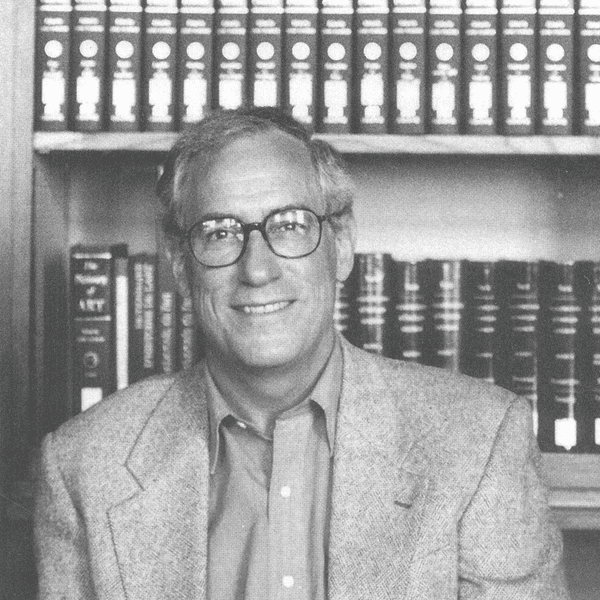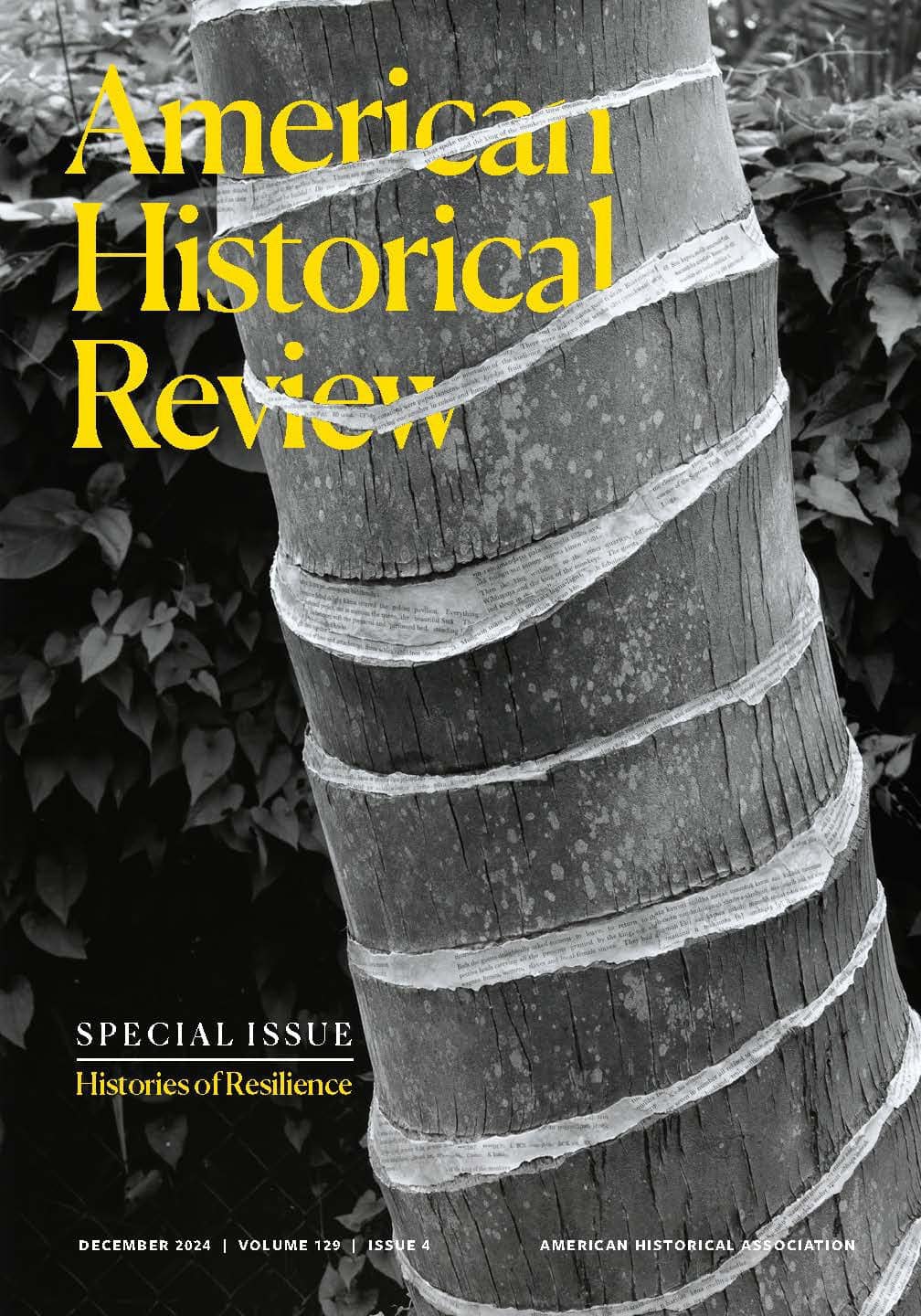The American Historical Association established the Gutenberg-e program in 1999 in order to promote high-quality scholarly publishing on the Internet and to work toward a solution of the crisis in university presses. That crisis is poorly understood by many historians, especially older historians in well-known universities who have had no difficulty in publishing their work. Studies by the AHA and professional organizations such as the Research Library Group have demonstrated that it is almost impossible for beginning historians to get their dissertations published if they work in fields such as African history, colonial Latin America, or even early modem Europe. Moreover, the technology is evolving so rapidly that publishing of all sorts is shifting massively to the Internet. By creating a program to publish top dissertations on the Web, the AHA intends to set standards for electronic publishing in general.
Each year, the AHA conducts a national competition for the best dissertations. A panel of distinguished historians selects them, using procedures far more rigorous than those employed in most university presses. The winners receive a prize of $20,000 to be used for converting their dissertations into the best possible electronic books. Sometimes they do short stints of supplementary research and buy released time from their home universities, but they always concentrate on rewriting and on adapting their text to the new possibilities opened up by the electronic medium. They also receive extensive advice from Columbia University Press, which publishes the Gutenberg-e series and has pioneered in scholarly publishing on the Web. Columbia can draw on its own network of readers, but it has found that the reports submitted by the panel of judges are so thorough that it has a need of further refereeing.
How will these “e-books” differ from conventional monographs? On one level, they will be very similar. Although the ebooks will vary, they will contain narrative and analysis that will resemble those in the best university-press books. Their texts can be printed out and read in the normal way. Columbia University Press will present the winners with bound copies, which will look like normal books and can be submitted to tenure committees as evidence of scholarly accomplishment. But at other levels, the e-books will contain material that could never be conveyed by print: extensive documentation, hyperlinks to supplementary secondary literature, recordings, images, music, and historiographical and methodological discussions. The possibilities are endless, but the execution of the work must be of the highest quality. Columbia has the technological and editorial skill to maintain those quality standards.
If these dissertations are so good, why could their authors not publish them in the conventional manner? In some cases, that might be possible; but top presses like California and Harvard have abandoned monographs in several fields of history. Moreover, the prizewinners have the option of publishing their revised dissertations in printed form after the electronic version has been made accessible on the Web. It seems likely, however, that specialized historical scholarship will be communicated increasingly through the Internet and that new techniques of downloading, printing, and binding will open up the possibility of “instant books” and custom-made paperbacks. In a few years, readers will be able to select material that is especially relevant to their needs and to create their own books from the textual riches of the larger e-book. Gutenberg-e, as well the larger program—the History E-Book Project—sponsored by the American Council of Learned Societies, is intended to take the lead in these developments and to make sure that they conform to the highest scholarly standards. But it is not meant to replace the classic codex, which will probably continue to exist for the foreseeable future.
Finally, it should be stressed that the Gutenberg-e prizes represent the highest distinction that can be bestowed by the American Historical Association. The prizewinners, six a year, stand out as the most talented historians of their generation. The selection procedure is so rigorous that it serves as a guarantee of quality control. Following extensive coverage in the New York Times, the Chronicle of Higher Education, the New York Review of Books, and other publications, the whole program has gained recognition as a new departure in scholarship. Gutenberg-e is not a gimmick and not a technological blind alley. It is a way of promoting the best in scholarship at a time of crisis.



